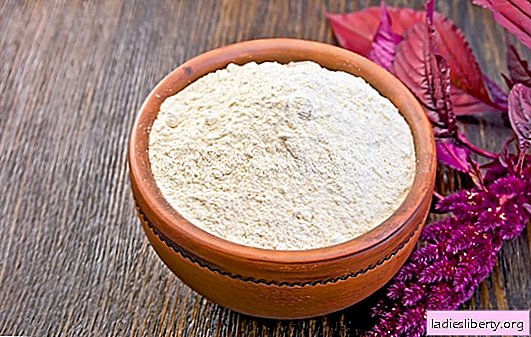
Vulvitis called inflammation of the external female genital organs (vulva), accompanied by itching, burning, profuse discharge, hyperemia and swelling of the labia, painful sensations after urination. This disease is dangerous due to the possibility of infection passing to the internal genital organs; in girls of early childhood, it can lead to the fusion of the labia minora.
Vulvitis can be primary when the cause of infection is trauma or non-compliance with the purity of the genitals, and secondary when the infection develops from other organs (vagina, uterus, tonsils, bladder, kidneys).
Depending on the source of infection, vulvitis is specific and non-specific. Specific ones are represented by diseases of the lower parts of the genitals, caused by viral infections, chlamydia, candida, trichomonas, etc. The cause of nonspecific vulvitis are staphylococci, streptococci, E. coli.
Vulvit - causes
Most often, vulvitis occurs due to such reasons:
- non-observance of personal hygiene, especially during menstruation;
- wearing tight and coarse clothing, prolonged use of sanitary pads, or trauma during sexual intercourse;
- irritation of the mucous membrane by vaginal discharge accompanying existing genital infections, or with urinary incontinence;
- taking certain medications (for example, antibiotics), or radiation therapy;
- hormonal and metabolic disorders in the body, as well as allergic reactions;
- the presence of pathological passages (fistulas) from the intestine, urinary tract;
- combing the external genital organs, which are caused by vegetoneurosis or helminthiasis.
Vulvit - symptoms of the disease
Symptoms of vulvitis are acute or chronic. Acute vulvitis is accompanied by pain, burning, severe itching of the external genitalia. With a gynecological examination, you can visually determine the edema and hyperemia of the external genital organs, on which discharge or plaque often appears.
The chronic stage is characterized by the presence of only slight itching, burning and pain in the external genitalia. Untimely treatment of vulvitis can lead to its chronicity and frequent exacerbations, which are difficult to treat.
Vulvit - diagnosis of the disease
A gynecologist can diagnose vulvitis on the basis of anamnesis, gynecological examination, colposcopy (if necessary) and laboratory results. To identify the causative agent of inflammation, bacterioscopy of smears and culture are performed to determine the sensitivity to antibiotics.
In addition, it is important to identify concomitant vulvitis diseases that contribute to the development of infection or lowering the body's immune status.
Vulvit - treatment and prevention
For the treatment of vulvitis, first of all, its causes are removed - chronic extragenital and gynecological diseases, and immunity is corrected in combination with local anti-inflammatory treatment. Sometimes antibiotics are prescribed, including topically. Vulvitis, which has a specific nature (gonorrhea, trichomonas, chlamydia, tuberculosis), is treated taking into account the identified pathogen and its sensitivity to antibiotics. Candidiasis vulvitis is treated with antifungal drugs. For the treatment of allergic vulvitis, antihistamines are used, as well as a diet that excludes sweet, spicy and salty foods.
Prevention of the development of vulvitis is the timely treatment of common diseases and the elimination of foci of chronic infection; observing the rules of personal hygiene; healthy lifestyle and strengthening immunity. It must be remembered that proper hygiene of girls is the key to their further women's health. Vulvitis, untreated in childhood, in the future can cause serious gynecological problems, including infertility.











